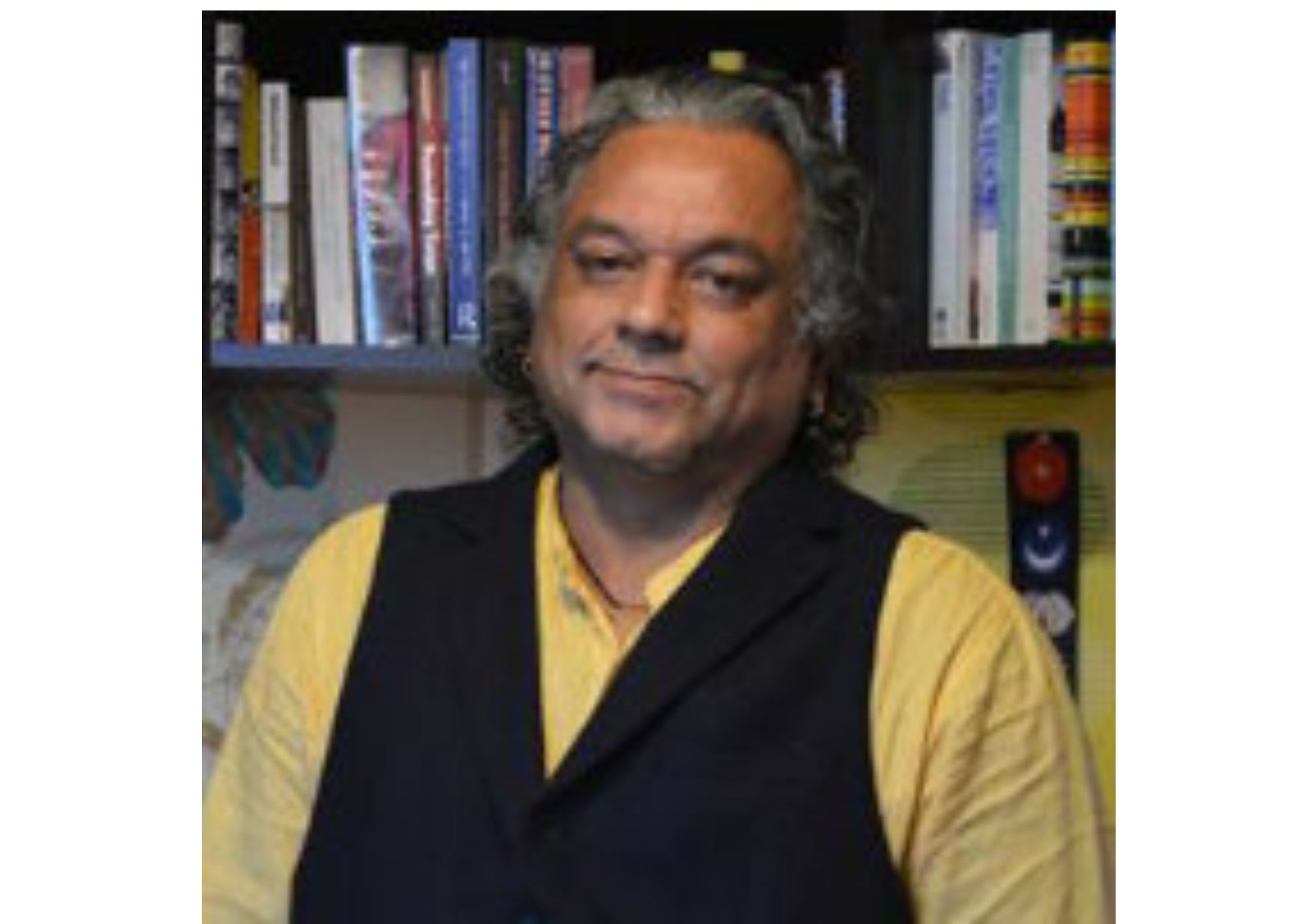Climate crisis: ‘If you don’t keep companies accountable, nothing will change’
ECO 2024: CIty professor's environmental call
Friday, 5th January — By Izzy Rowley

Professor Bobby Banerjee
A UNIVERSITY lecturer is urging his students to hold corporations to account. P
rofessor Bobby Banerjee teaches in City, University of London on climate and the economy in Bayes Business School in Bunhill Row. He is calling on graduates and job hunters to hold companies to account.
“If you don’t keep companies accountable, then nothing will change,” he said.
“Tell companies you won’t work for them if they aren’t genuinely green. I tell my students that you don’t have to work for corporations, work for NGOs, work for think tanks. Tell them ‘if you’re going to use my labour and talent, then I want something in return that goes beyond money.’ They need you more than you need them.”
He added: “They’re always looking for the best talent around, but if that talent says it’s not just about money and my pay cheque, it’s also about my family’s future, and I have my values – if you’re finding that everyone you’re interviewing is asking for more green incentives, then they will start to change.”
“And that’s already happening, almost all of the big companies have sustainability statements, most of it is bullshit but at least they’re saying it,” he said.
Professor Banerjee says that jobseekers should feel free to push back on greenwashed sustainability statements, saying it pushes companies to be held to account to a greater extent.
He feels that shifting focus from consumer habits to corporate accountability is essential, citing “the fact that they’re still drilling oil when we were meant to stop five years ago”.
He argues “moving accountability to the consumer absolves the corporation” adding: “Real ethical consumption would be to reduce consumption, it’s about using less. Recycling is fine, but it takes up a lot of energy, it releases carbon emissions. The real answer is just not to consume at all.
“It also depends on what level of development you have, people who don’t have electricity and running water, you can’t tell them to consume less … [the rest of us] cause the problem – asking a poor family in Bangladesh to reduce emissions is ludicrous.”